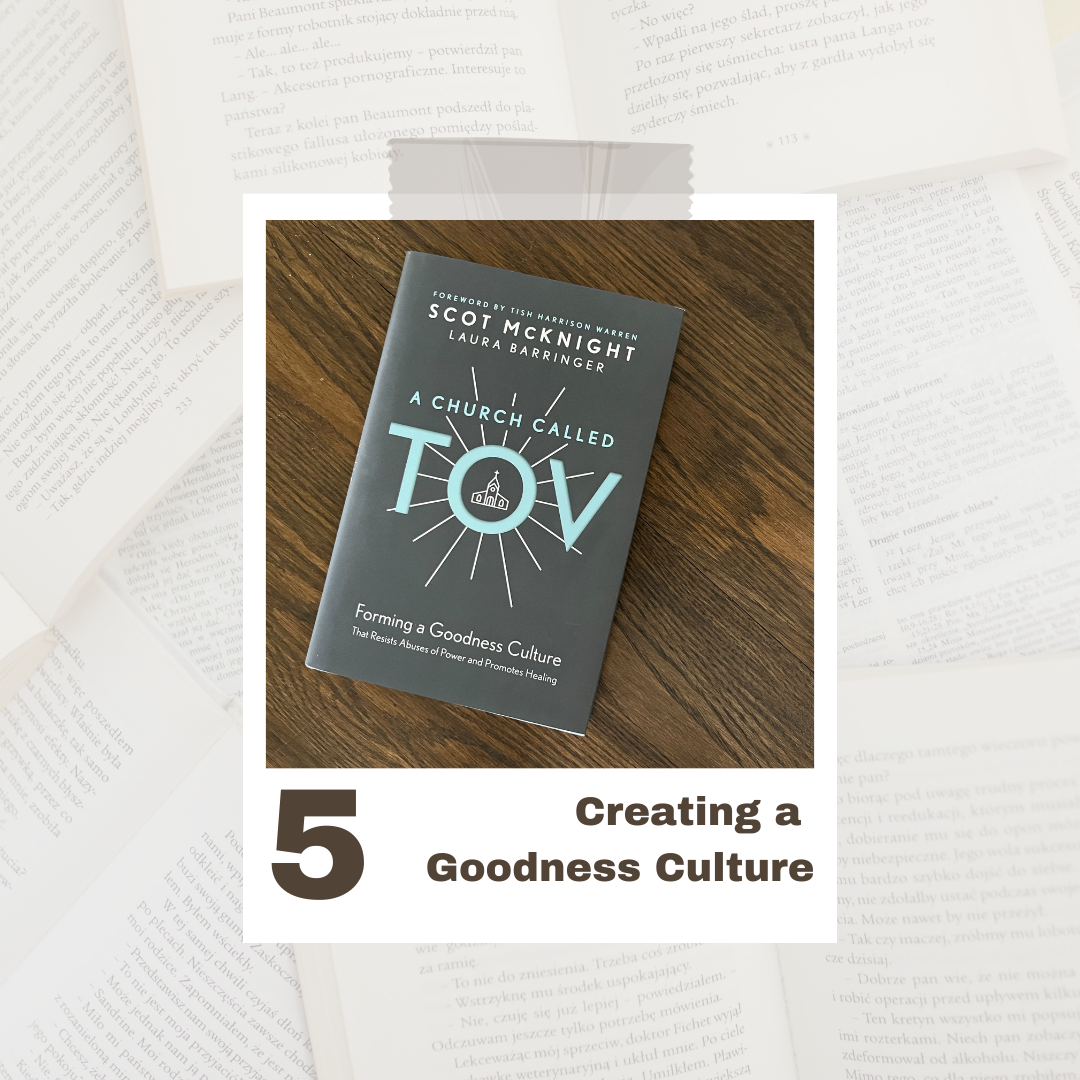
Blog Post: Chapter 4, “False Narratives”
In chapter four, the authors refer to Rachel Denhollander’s personal experience with abuse by a trusted gymnastics doctor, Larry Nassar. I very recently finished reading Denhollander’s book, What is a Girl Worth?: My Story of Breaking the Silence and Exposing the Truth about Larry Nassar and USA Gymnastics. She speaks honestly and with great vulnerability of her experiences as a child, as a woman and as a lawyer. Her story is not only a cognitive, chronological account of events; she clearly and directly describes her emotions, and the reactions she senses in her body throughout the book. Her narrative is felt and sensed in her thoughts, body, and emotions; she ‘travels through’ the three Polyvagal states regularly and expresses herself very well in the three states. She was solidly connected and safe with the people close to her (ventral vagal). At times she was in fight/flight mode, the state that helped her fight when she needed to and flee when she was not able to deal with the magnitude of what had happened to her (sympathetic). When life felt overwhelmed there were times she felt immobilized and collapsed (dorsal vagal). Her parents, husband, friends, and colleague were wonderful supports for her throughout her life. Our nervous systems are supported and balanced by those around us. Hence, it is egregious when the reactions and behaviours of the church, the family of God, are responsible for incredible disruptions to our nervous systems, affecting all aspects of who we are, perhaps to the point of doubting God.
On page 60, Laura writes: “Compliments like these from not only a married man, but a pastor and mentor, were confusing to Keri. But she suppressed the mental alarms that went off and decided not to assume salacious intent.” As I read her story, I sensed the ‘warning’ inside my gut and I felt relief inside me when she did not agree with Bill Hybels’s suggestions and also when she revealed the events to her husband in a timely manner. I am curious to know what Keri’s emotions and physiological reactions were at the time of the various situations she encountered with Hybels, giving her very valuable information about her internal and external world.
I think of those who are brave enough to speak up and hear a false narrative response to their courage, pain, and distress. “Stories about self, the world, and relationships are based in autonomic state [ventral, sympathetic, dorsal]. State creates story.” (Deb Dana; Polyvagal Flip Chart). Depending which state the person is in at the time drives the story or narrative he or she tell themselves. It is normal to ‘travel through’ the three states on a regular basis. When I am in vagal, I feel safe and connected. When I am in sympathetic, I feel mobilized and enter the fight/flight state. When I am in dorsal, I feel immobilized and collapsed. The ‘narrative’ or story of the event has the ‘flavour’ of the state I am in.
What can we do with this information? Be Aware. Be Accountable. Be Authentic. With Yourself First.
Be Aware: What are my thoughts? What are my feelings? How am I behaving?
Be Accountable: What do I need? i) For my thoughts – Dig into the Word with the use of credible commentaries and biblical scholars – alone or with someone that listens well and asks pertinent questions. ii) For my feelings – Name them. Write them down. What are they trying to tell me? What is the thought connected with the feeling? iii) How am I behaving? What do I need? Depends – a brisk walk in the park or on the beach, a quiet time in nature, a nutritious meal, a hug, a large glass of water and so on.
Be Authentic: As one becomes more aware of and accountable to self, healthy vulnerability and authenticity enters one’s life and the various interactions with the world one lives in. When we are more aware of our own vulnerability and honesty with self, God, and trusted others, we are generally more able to assess false narratives.
A Church Called Tov calls us to Biblical honesty, personal honesty, and corporate honesty. Understanding the Word, becoming aware, accountable and vulnerable with all that happens inside me, knowing when to care for myself, knowing when I need to have difficult conversations with trusted brothers and sisters in Christ, knowing when I need therapy and so on; this is hard work that is a life commitment to creating and maintaining a TOV church. May God guide us daily.
Blog Post from Dianne Loerchner, Registered Psychotherapist and Elder at Kingsfield Zurich Mennonite Church





